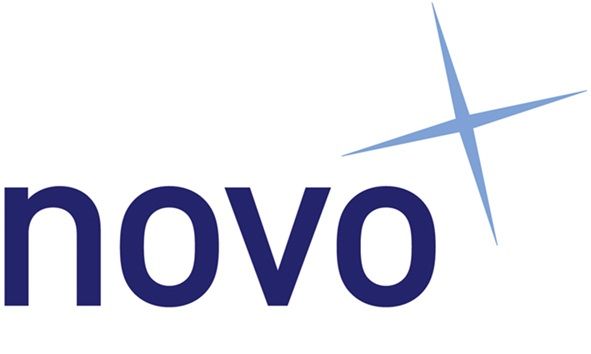Competition At Work: A Recipe For Success Or An Ingredient For Chaos?

The desire to get ahead of others can carry employees to unparalleled heights of innovation, productivity, and success. Yet it can also destroy the reputations of individuals, teams and organisations. The experts at Hogan Assessments – the global leader in workplace personality assessment and leadership consulting – have identified the advantages and pitfalls of competition in the workplace and advise on how to channel this energy in a positive manner.
Here are the advantages and pitfalls of competition in the workplace and advise on how to channel this energy in a positive manner.
The Positives of Workplace Competition
Competition is not always a negative thing. In fact, in many ways, organisational success and survival depend on employees who harness their competitive drive for the organisation’s benefit. For example, competition between two teams at the same company could produce innovation through higher-quality products and services as the teams pursue excellence. External competition is also essential to the success of a business as employees and leaders compete for markets, revenue, or brand reputation. In this context, a leader’s search for power often directs the success or failure of the entire group.
On a more personal level, employees can also benefit from turning their competitive edge internally. “Competing against yourself can be an extremely effective motivational tool, challenging workers to improve and excel in their roles. Positively channeling this energy can be achieved by setting personal goals for employees and providing incentives for them to hit these targets. As a manager, it is important to highlight and reward scenarios that enable positive competition within the workplace,” explained Dr. Ryne Sherman, Chief Science Officer at Hogan Assessments and Co-Host of The Science Of Personality Podcast.
The Pitfalls of a Competitive Workplace
There are, however, various issues that may also arise due to competition in the workplace. Competition can set unreasonable expectations for employees and lead to them making mistakes and taking shortcuts in their work. Too much focus on external competition could also increase the level of risk teams or management are willing to indulge in to achieve goals, which could put the entire company at risk. Moreover, it could also lead to serious issues amongst team members, which could create a toxic work environment if the ambition and competitive nature of these staff members are not appropriately addressed.
“It is important for managers to ensure they handle any attitudes or competitive spirit they cultivate within their team. Poor management of a team’s competitive culture could compromise productivity in the long run, instead of encouraging growth and innovation,” noted Dr. Sherman. Managers must be aware of any potential interpersonal problems that could develop amongst team members in a high-stakes and competitive environment as these issues could hinder both an individual’s, as well as the whole team’s, job performance.
How to find the right balance?
Striking the right balance is key to managing competition at work. The first step to keeping this on track is to understand why we compete. “Why we compete at work is often heavily related to our values, and one way to think about the relationship between our ambitions and values is what we are competing for. Some may be competing to earn a larger salary or bonus, while others use competition to fuel their ambition. Friction between teams can often stem from clashing personal agendas,” noted Dr. Sherman adding, “Personality assessments can help individuals to determine why they feel the need to compete and help managers to find healthy ways to channel competition.
Another notable step is to establish trust and a safe space where the rules of competition can be respected by all involved parties before deciding to undergo any form of competition in the workplace. When managers take the time to establish this environment of trust, negative repercussions are more likely to be avoided, instead fostering a respectful and open feeling of collaboration. Fair competition is also crucial to success. “Individuals perform best when the competition is close. In other words, when they’re competing against people like them. When appropriate groups compete against each other, employees will become more motivated as they will feel they have a more realistic chance of winning. For any competition to be productive, managers must be sure to pair up teams who are on a similar level” concluded Dr. Sherman.
Guide provided by Hogan Assessments
Originally published on The HR Director, https://www.thehrdirector.com/business-news/employee-engagement/competition-work-recipe-success-ingredient-chaos/












